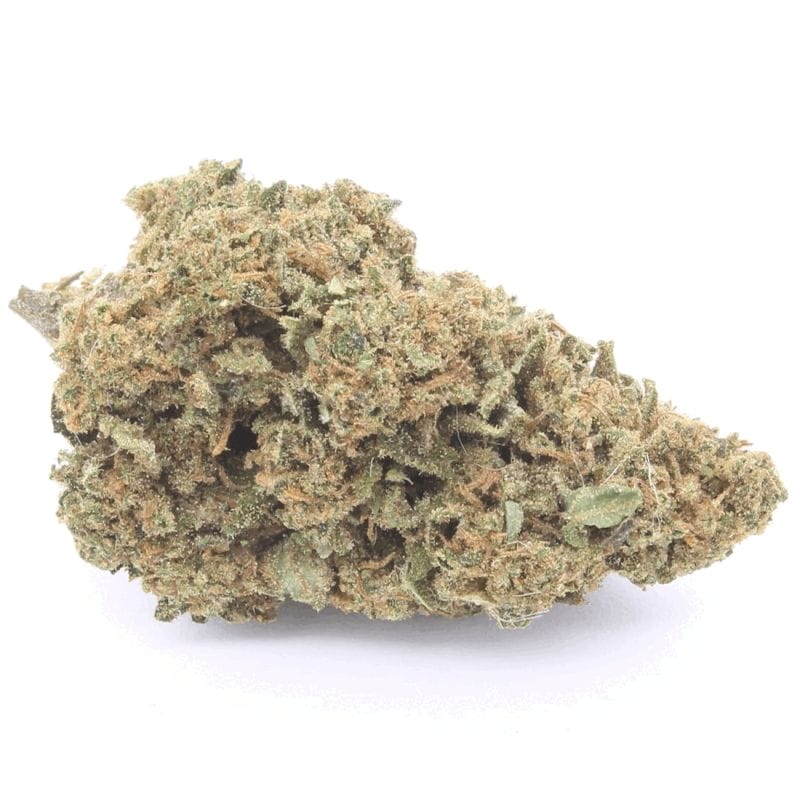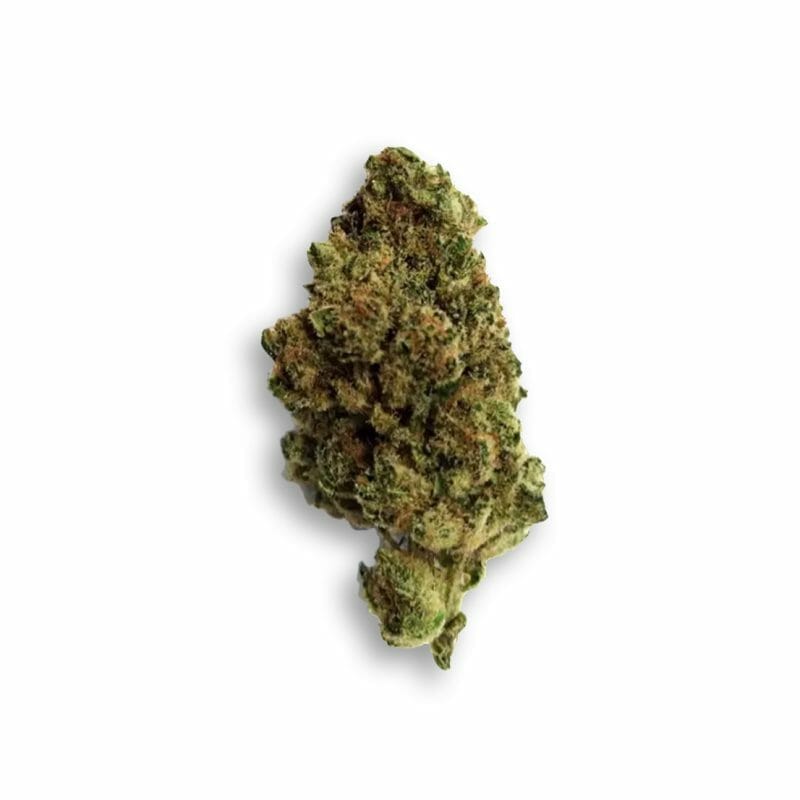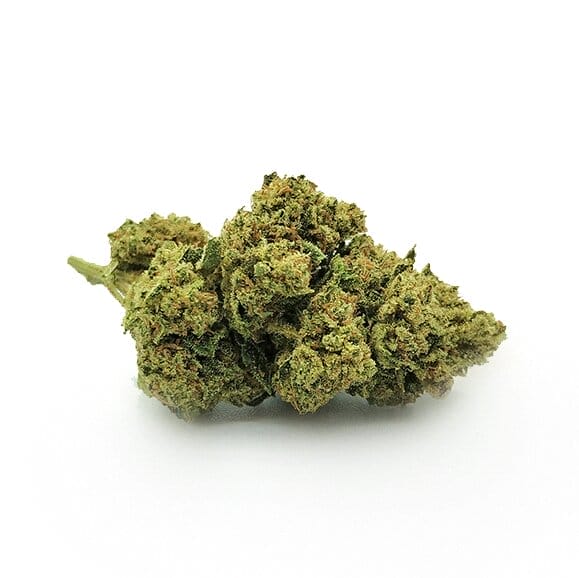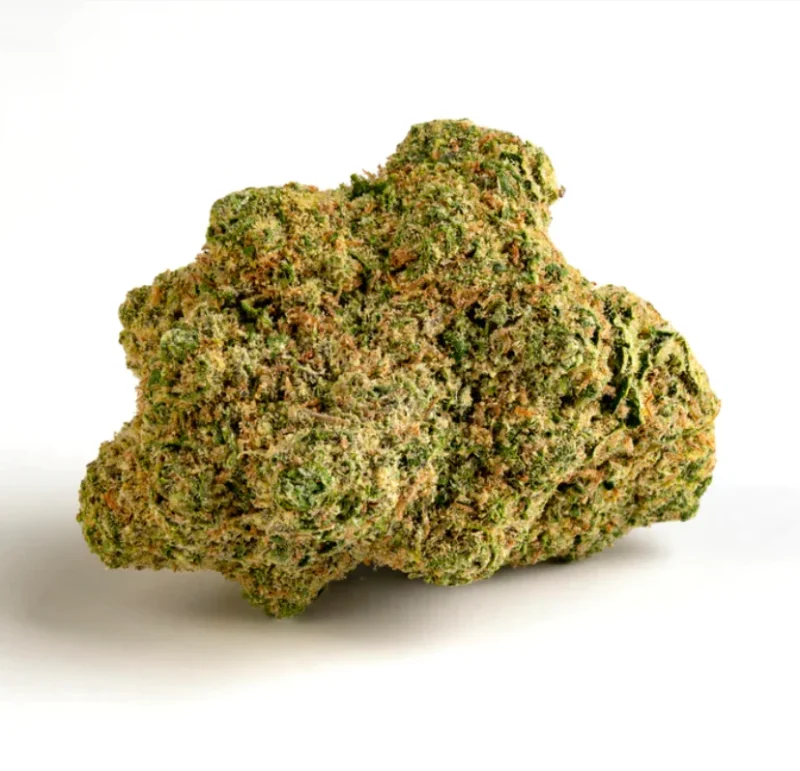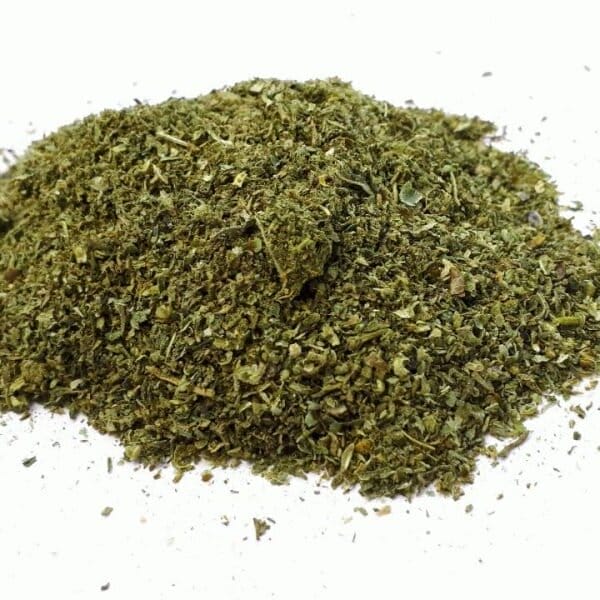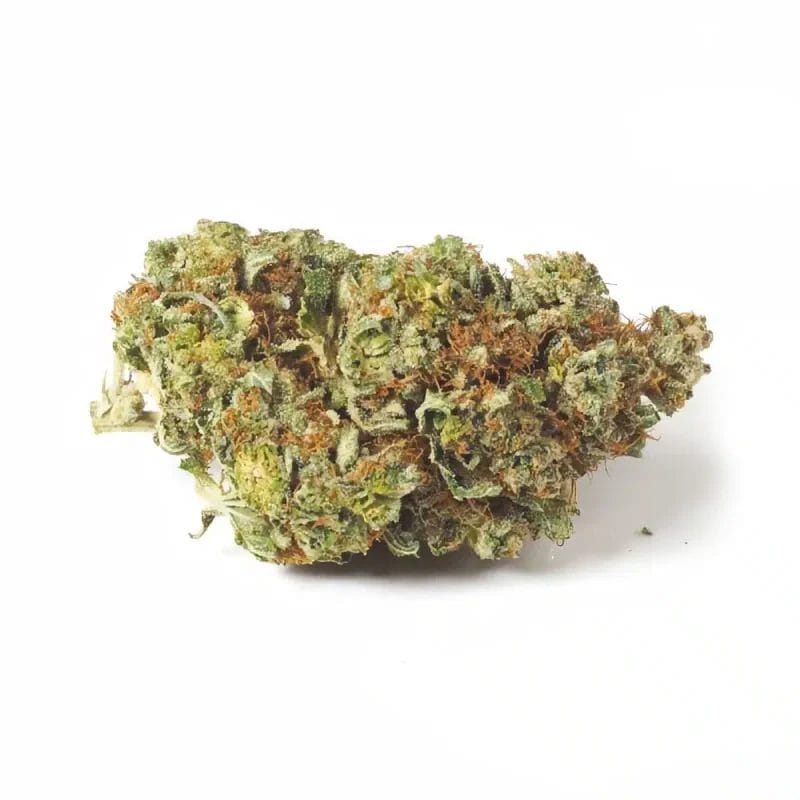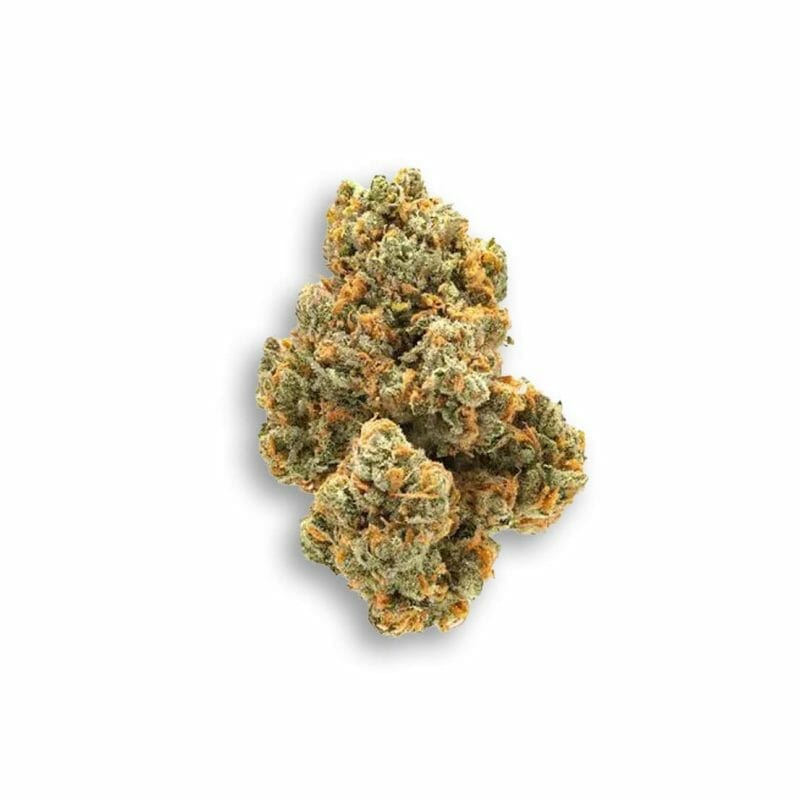Medical cannabis is emerging as a topic of great interest in the medical field, particularly for the treatment of chronic pain. With the growing recognition of the potential therapeutic benefits of cannabis, the scientific and medical community is increasingly exploring this plant to address the challenges of persistent and debilitating pain.
Chronic pain is a complex medical condition that affects millions of people worldwide, impairing their quality of life and limiting their ability to perform daily activities. While conventional treatments can offer relief to many patients, there are still individuals for whom traditional treatment options fail to provide an adequate solution. And, above all, one that does not entail serious side effects.
In this context, medical cannabis has attracted the attention of scholars and health professionals for its potentially analgesic properties. However, it is important to stress that the use of cannabis for medical purposes is still a controversial topic and subject to strict legal regulations in many countries.
Throughout this article, we will explore the role of medical cannabis and CBD in the treatment of chronic, neuropathic, and inflammatory pain. However, before delving into the nuances of the issue, it is essential to understand the key compounds present in cannabis and their impact on the human body.
We seek to shed new light on the ways in which medical cannabis could provide valuable relief for chronic pain sufferers, thereby improving their quality of life.
Does cannabis benefit chronic pain?
Medical cannabis is a plant that has a long history of use for the treatment of a variety of medical conditions, including chronic pain. There is evidence to suggest that cannabis may be effective on different levels.
Here are some of the potential benefits of medical cannabis for chronic pain:
- Pain reduction: cannabis may be effective in reducing pain of both an acute and chronic nature, i.e. that which persists even after the cause of the pain has been eliminated;
- Improved sleep quality: can improve sleep quality in those who suffer from insomnia due to pain;
- Reduction of anxiety and depression: it can reduce symptoms of anxiety and depression in people who see themselves limited in their daily lives due to pain.
If you are considering the use of medical cannabis for chronic pain, it is important to talk to your doctor. A specialist can help you determine whether cannabis is the right treatment for you, as well as find the dosage and method of administration best suited to your needs.
What is cannabis considered therapeutic?
In Italy, where Maria CBD Oil was born, medical cannabis is produced by the Istituto Farmaceutico Militare in Florence. Medical cannabis is available in two formulations: Cannabis FM1 and Cannabis FM2.
At this point we must make a distinction between medical cannabis and light cannabis. Light cannabis is a variety of cannabis that has a low THC (tetrahydrocannabinol) content, the active ingredient that produces the psychoactive effects of cannabis. This makes it legal in Italy and freely available in specialised shops or tobacco shops.
Medical cannabis has a higher THC content than light cannabis, which means it can have psychoactive effects. In fact, FM1 has a THC level of up to 20%, while FM2 has up to 8%.
So which cannabis for pain is most effective? Studies have shown that even light cannabis can give satisfactory results in treating certain conditions, as the therapeutic properties of CBD are very potent.
CBD for pain therapy is increasingly gaining acceptance and testimonials from the scientific world, which is looking for affordable remedies that do not have serious contraindications.
-
 Ak47£2.50 – £270.00From 0,70 €/gr
Ak47£2.50 – £270.00From 0,70 €/gr -
 Amnesia Haze£2.50 – £350.00From 0,70 €/gr
Amnesia Haze£2.50 – £350.00From 0,70 €/gr -
 Blueberry£2.50 – £270.00From 0,70 €/gr
Blueberry£2.50 – £270.00From 0,70 €/gr -
 Bubblegum£2.50 – £270.00From 0,70 €/gr
Bubblegum£2.50 – £270.00From 0,70 €/gr -
 Candy Kush£2.50 – £350.00From 0,75 €/gr
Candy Kush£2.50 – £350.00From 0,75 €/gr -
 Cannabis Indoor Mix – Legal Cannabis£13.00 – £80.00From 0,80 €/gr
Cannabis Indoor Mix – Legal Cannabis£13.00 – £80.00From 0,80 €/gr -
 Gorilla Glue£2.50 – £350.00From 0,70 €/gr
Gorilla Glue£2.50 – £350.00From 0,70 €/gr -
 Grand Reserve Super Skunk£2.50 – £450.00From 0,70 €/gr
Grand Reserve Super Skunk£2.50 – £450.00From 0,70 €/gr -
 Green Crack£8.00 – £350.00From 3,50 €/gr
Green Crack£8.00 – £350.00From 3,50 €/gr
How is medical cannabis taken?
The intake of medical cannabis occurs mainly in three ways. The first is orally. In this case it can be taken as a decoction, whereby the dried inflorescences of the plant are boiled in water for a certain time, as an oil or in the form of capsules.
The second option is the inhalation route, i.e. with special vaporizers that heat the inflorescences or cannabis oil, producing a vapour that is inhaled. This method allows for rapid absorption of the cannabinoids.
There is also topical use for the treatment of localised pathologies. Cannabis-based creams, gels and ointments can be applied to the skin to treat localised pain or inflammation.
So how is medical cannabis taken? The most suitable method of intake depends on several factors, such as the pathology to be treated, the patient’s preferences, and his or her physical characteristics. The method of intake and dosage should always be determined by the physician, based on the individual needs of the patient.
What are the side effects of medical cannabis?
Side effects of medical cannabis may vary from person to person and depend on several factors, such as the method of intake, dose, individual sensitivity and pre-existing medical conditions.
Common side effects:
- Dry mouth;
- Redness of the eyes;
- Drowsiness;
- Alterations in perception, such as visual or auditory distortions;
- Anxiety and paranoia;
- Memory and learning problems (with prolonged use);
- Tachycardia;
- Lowered blood pressure.
Less common side effects:
- Dizziness;
- Nausea and vomiting;
- Abdominal pain;
- Increased appetite;
- Difficulty breathing, in people with pre-existing respiratory diseases.
It is important to stress that most side effects of medical cannabis are mild and temporary. The risk of serious side effects is low, especially when taken under medical supervision. There are also several strategies to minimise side effects, such as starting with low doses and gradually increasing, choosing the most suitable method of intake, and informing the physician of any side effects that occur.
Where to buy cannabis for medical use?
Medical cannabis, unlike CBD cannabis, can only be purchased in the UK through specialist clinics or private prescriptions, and not from general pharmacies. These clinics must be authorised by the Medicines and Healthcare products Regulatory Agency (MHRA) to ensure that the cannabis is used appropriately and safely for medical conditions.
In the UK, cannabis products sold to the general public must contain less than 0.2% THC. This restriction means that purchasing medical cannabis outside of a specialist clinic setting is illegal. Medical cannabis is considered a medicine and is therefore subject to stringent regulations to ensure its safety and efficacy.
Legal CBD-based products, on the other hand, can be purchased in physical shops, online, or in wellness stores without a prescription. However, it’s always advisable to seek advice from a healthcare provider, especially for guidance on dosage and usage tailored to individual needs, such as how much CBD is recommended for managing pain.
Medical cannabis has shown potential in the treatment of chronic pain, providing relief for those who have struggled with this condition. However, access to these benefits requires a prescription for significant medical conditions, as assessed by a qualified specialist.
For those seeking a more accessible and non-psychoactive alternative, CBD offers a promising option for relieving various symptoms, including chronic pain, anxiety, and insomnia, without causing psychoactive effects.
If you’re interested in exploring the benefits of CBD for your well-being, we invite you to visit our online shop. Maria CBD Oil is committed to quality and safety, offering a range of CBD products, including oils, creams, capsules, and more, designed to help you achieve natural and sustainable relief.
Explore our range to discover how CBD might support your health and well-being, providing a natural solution for pain relief and a balanced life. Remember, taking care of yourself means listening to your body and making informed decisions with the guidance of healthcare professionals to enhance your overall quality of life.
Always prioritise your health, consult with experts, and choose options that align with your personal wellness journey.e.
 Contact us
Contact us 


